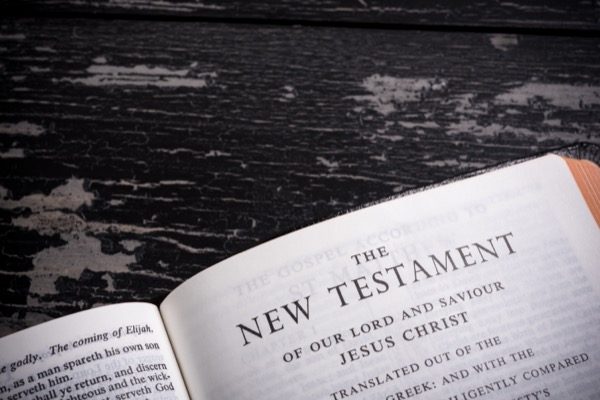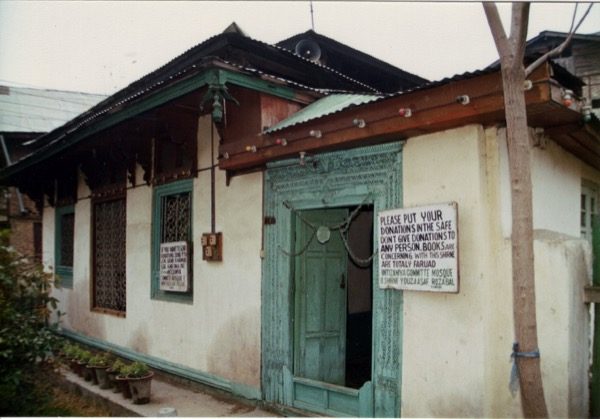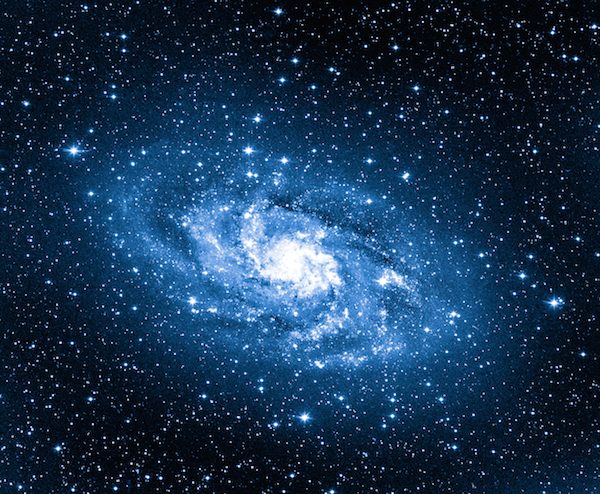Dear Sir,
“By means of your seed all nations of the earth will certainly bless themselves.” Those words of Jehovah God to Abraham the Hebrew guaranteed that one day the whole human race would be blessed through his line of descent.—Gen. 22:18. Abraham began to father offspring at the age of eighty-six. His firstborn son was Ishmael. Certain descendants of Ishmael today believe that God will bless all mankind through Ishmael’s line of descent rather than through that of Isaac, Abraham’s second son. The holy book of the Muslims, the Qur’an, refers to Ishmael in its Sura (section) 19, verses 54 and 55, saying: “Also mention in the Book the story of Isma‛il: He was strictly true to what he promised, and he was an apostle and a prophet. . . . He was most acceptable in the sight of his Lord.” Qur’an translator A. Yusuf Ali commented concerning Abraham’s sons, Ishmael and Isaac: “The younger son’s progeny developed the Faith of Israel and that of Christ; the elder son’s progeny perfected the more universal Faith of Islam, the Faith of Abraham the True. . . . in the universality of Islam all nations are to be blessed.”
The Bible’s view of this matter is most important. The Qur’an refers many times to Bible incidents and characters. In fact, its recognition of Abraham, Ishmael, Moses, Jesus and others comes from the Holy Scriptures, which were completed nearly 600 years before the beginning of the Mohammedan era. Therefore, what is the Bible’s view? Did God purpose to bless all mankind through the line of Ishmael?
Before Ishmael and Isaac were born (and therefore, before any controversy concerning them could have arisen), the Bible foretold an experience that will help us to answer that question. What was that? At Genesis 15:13, 14, God told Abram (Abraham): “You may know for sure that your seed will become an alien resident in a land not theirs, and they will have to serve them, and these will certainly afflict them for four hundred years. But . . . after that they will go out with many goods.”
Genesis 17:8 foretells even the place to which Abraham’s “seed” would “go out”: “And I will give to you and to your seed after you the land of your alien residences, even the entire land of Canaan, for a possession.” To identify the true seed of Abraham we must look for a people that would experience the fulfillment of both of these prophecies.
When Ishmael was thirteen years old, Jehovah God made this additional promise to Abraham: “As for Sarai your wife, . . . I will bless her and also give you a son from her . . . and you must call his name Isaac. And I will establish my covenant with him for a covenant to time indefinite to his seed after him.” Isaac was born the following year, when Abraham was “a hundred years old.”—Gen. 17:15, 16, 19; 21:1-5.
Five years later Sarah noticed Ishmael “poking fun” at Isaac. (Gen. 21:9) This led to the dismissal of him and his mother, Hagar, the Egyptian, from Abraham’s household. The matter was displeasing to Abraham, but Jehovah assured him: “It is by means of Isaac that what will be called your seed will be.” (Gen. 21:12) So the Bible’s view is that Abraham’s seed for blessing all mankind would come through Isaac, not Ishmael.
Later God commanded Abraham to sacrifice “your son, your only son.” (Gen. 22:2) In connection with Abraham’s offering up this son, the promise of blessing by means of Abraham’s seed was stated by an angel of God. The Qur’an, too, speaks of Abraham as having a “boy ready to suffer and forbear” and whom Abraham would “offer . . . in sacrifice.” (Sura 37:101, 102) The Qur’an does not specify who the boy was. However, some Muslim writers claim that the expression “only son” must apply to Ishmael. Is that what you believe?
It is noteworthy that Isaac was an “only son” in a double sense. He was the only son of Abraham’s wife Sarah and the only son remaining in Abraham’s household at the time that God spoke the words found at Genesis 22:1, 2. Qur’an translator Ali admits that “Muslim tradition . . . is not unanimous on this point.” Some Muslim writers agree with the Biblical account that Isaac was the prospective sacrifice.
God’s promise that Abraham’s seed would be reckoned through Isaac was subsequently confirmed when Isaac’s descendants experienced the foretold 400 years of alien residence and affliction, after which they went out of Egypt “with many goods.” (Gen. 15:14; Ex. 3:21; 12:35; Ps. 105:37) Then the Israelites began their conquest of the land of Canaan, which God had promised to Abraham’s seed.
Other Bible prophecies reveal that the blessing of all mankind would be centered in a single individual. Genesis 49:10 pointed to the Israelite tribe of Judah. Then, of all Judah, the line of David was chosen. (2 Sam. 7:12-16) Micah 5:2 reveals two important things about the coming seed of Abraham: (1) that he would be born in Bethlehem, and (2) that he had a pre-human existence “from early times, from the days of time indefinite.” Daniel 9:24-27 shows that the coming seed, called “Messiah the Leader,” would appear in the first century C.E., not long before the destruction of Jerusalem and its temple by the Romans in 70 C.E.
No descendant of Ishmael appeared as a benefactor of mankind in the first century C.E. But a descendant of Abraham through Isaac did appear at that time. This individual was from the tribe of Judah and the family of David and was born in Bethlehem. He was Jesus Christ.—Heb. 7:14; Matt. 1:1; 2:1.
The Bible connects Jesus with the promise to Abraham, at Galatians 3:16: “Now the promises were spoken to Abraham and to his seed. It says, not: ‘And to seeds,’ as in the case of many such, but as in the case of one: ‘And to your seed,’ who is Christ.”
Blessings certainly began to flow to mankind through Jesus Christ. The countless aeons of his pre-human existence in heaven enabled him to ‘fully know’ God and to ‘explain’ him. (Matt. 11:27; John 1:18) In this way others could come to worship God in the way that he approves.
The Qur’an itself highlights another aspect of Jesus’ activity that further helps us to identify him as the promised seed through whom blessings would come to mankind. At Sura 5:113 we read: “Then will God say: ‘O Jesus the son of Mary! . . . thou healest those born blind, and the lepers, by My [God’s] leave. And behold! thou bringest forth the dead by My leave. . . . thou didst show them [the Israelites] the Clear Signs.’”—Compare John 9:1-41; Luke 17:12-14; John 11:39-44.
Thus, as the Bible clearly shows, through Abraham’s son Isaac came the true “seed” of blessing, Jesus Christ.
Anonymous




Add Comment